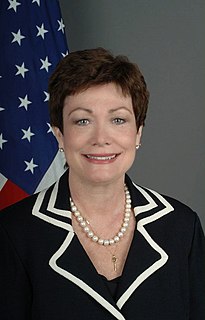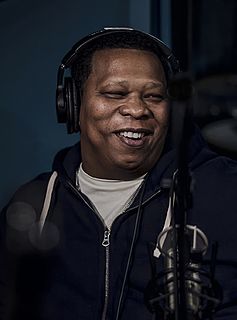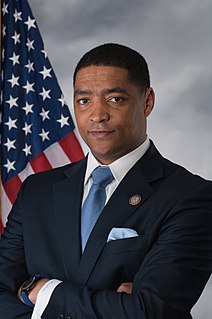A Quote by Chitra Banerjee Divakaruni
When I was volunteering with Hurricane Katrina refugees in Houston in 2005, I first started thinking about the whole phenomenon of grace under pressure.
Related Quotes
My family and I survived Hurricane Katrina in 2005; we left my grandmother's flooding house, were refused shelter by a white family, and took refuge in trucks in an open field during a Category Five hurricane. I saw an entire town demolished, people fighting over water, breaking open caskets searching for something that could help them survive.
Corporations often partner with government after natural disasters, as many companies did in the aftermath of Hurricane Katrina in 2005. As a rule, however, long-term civic/corporate partnerships are still rare .But this need not remain the status quo, as many opportunities are available for such partnerships.
After a disaster such as Hurricane Katrina, the federal government has a profound obligation to help those in need, .. Right now, the victims of Hurricane Katrina need our help. Entire communities have been destroyed. Families have been torn apart. Many are still missing. Tens of thousands remain homeless. As the recovery proceeds, we in the Senate pledge to do everything in our power to help rebuild the shattered lives across the Gulf Coast.
































